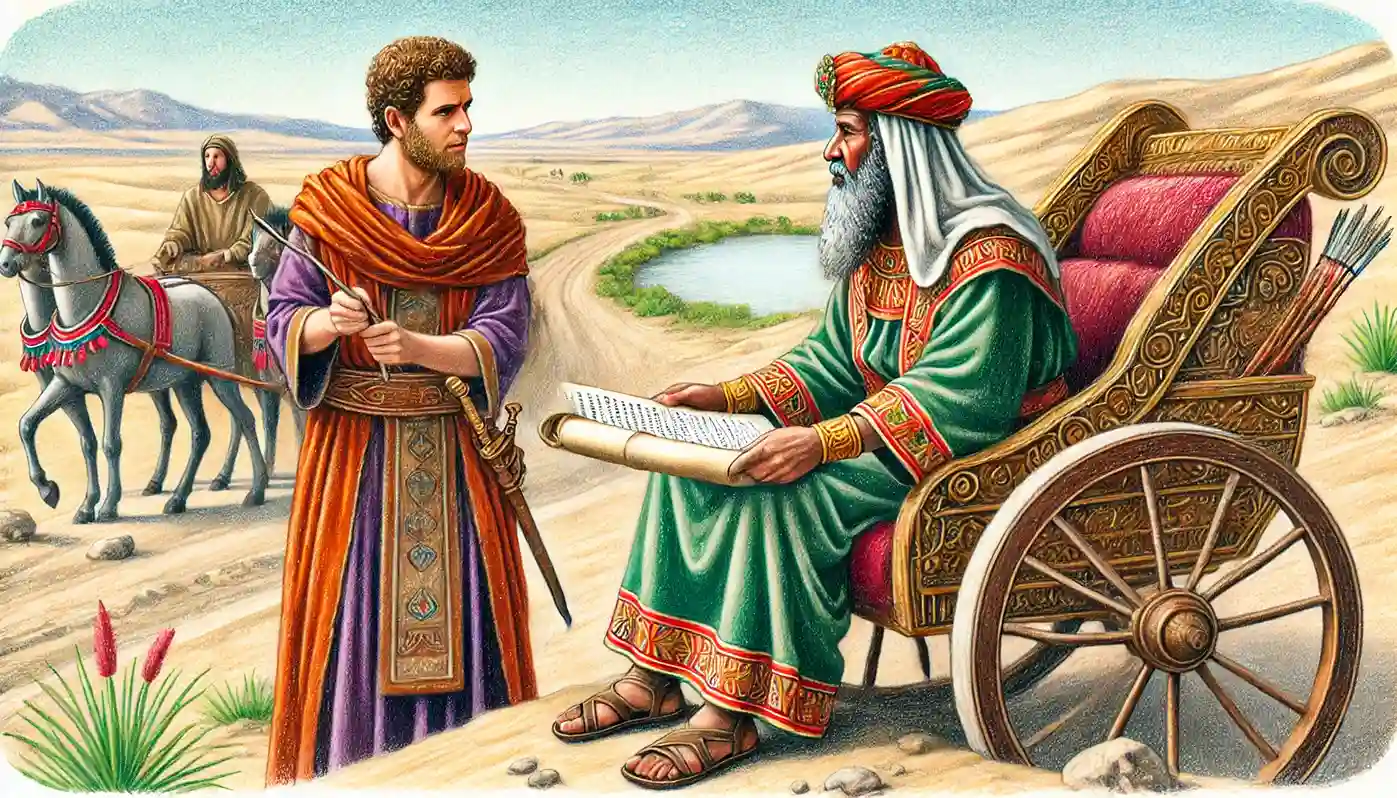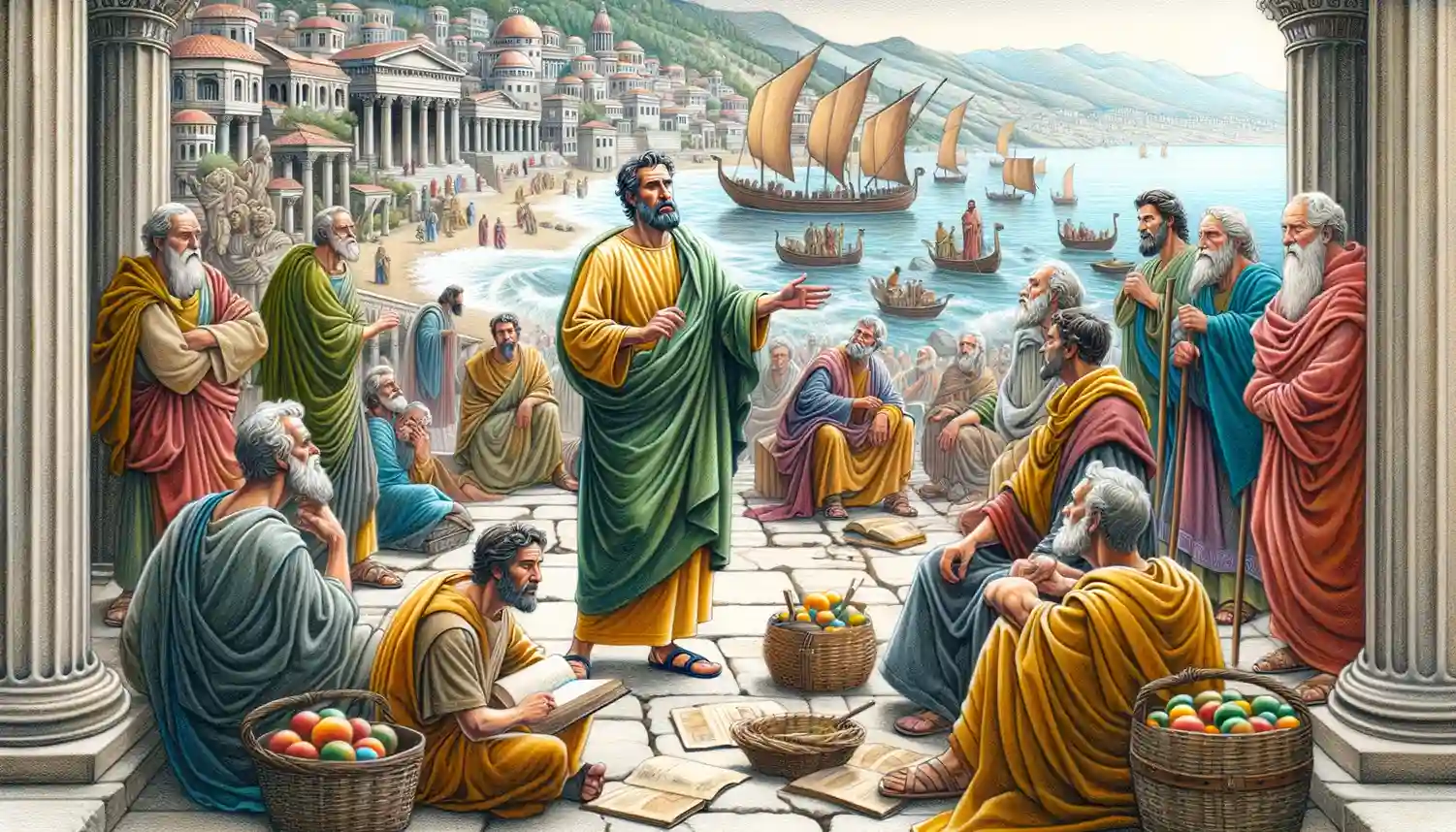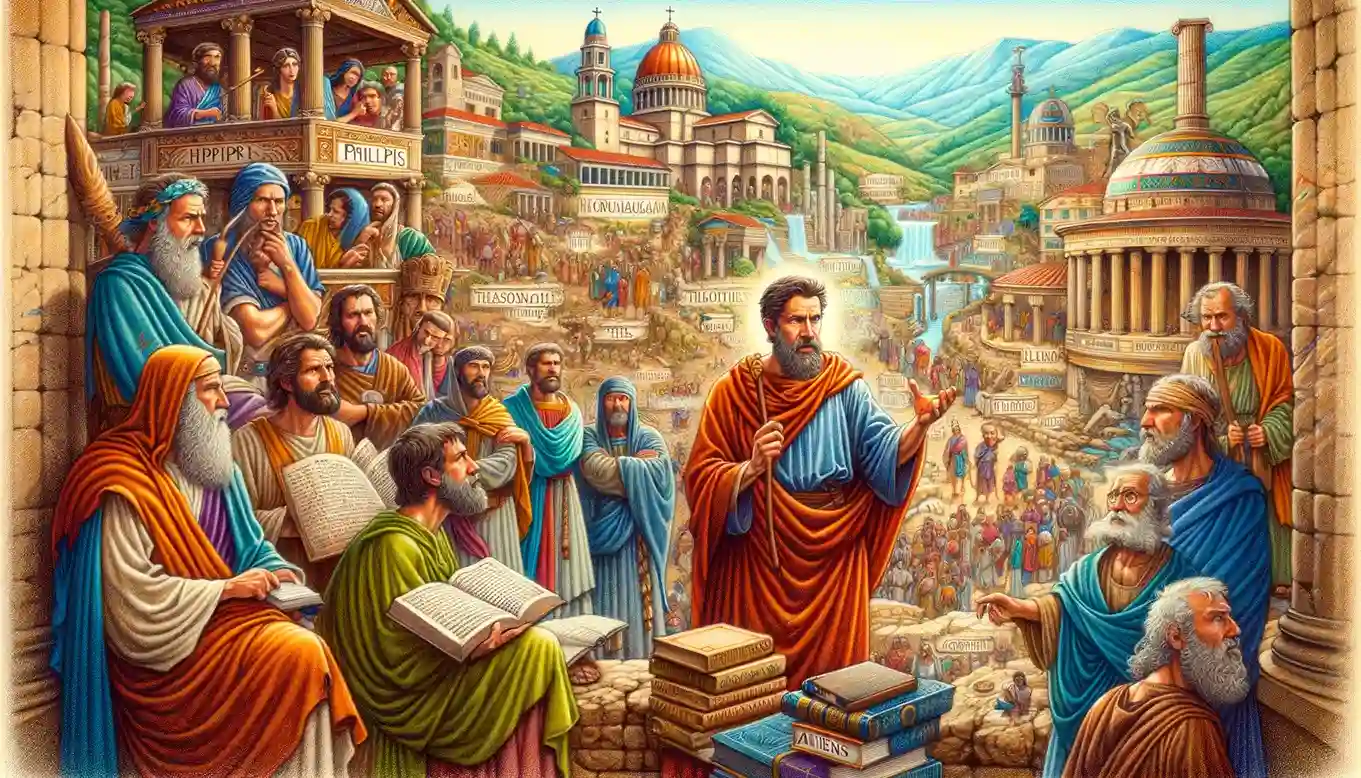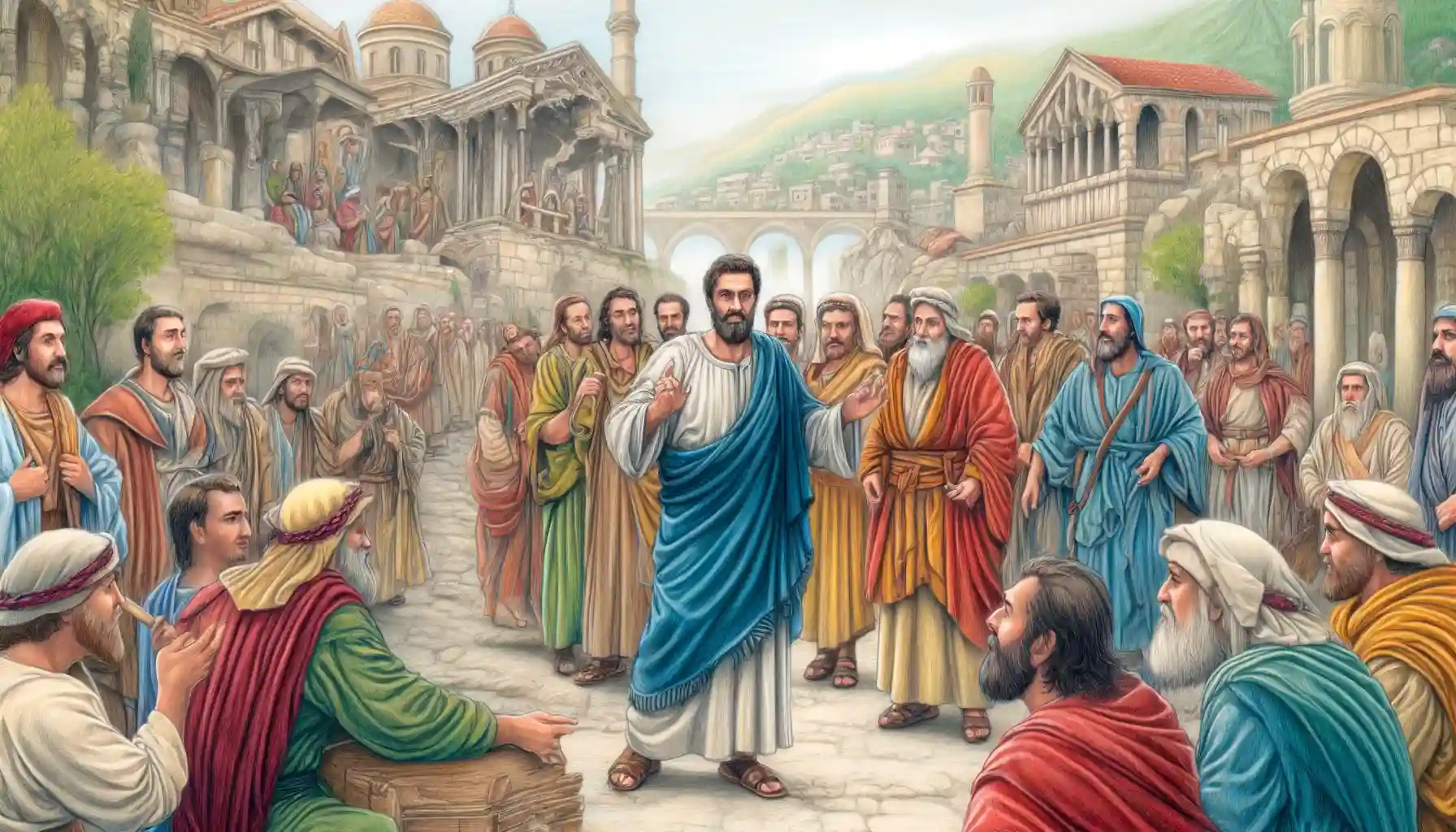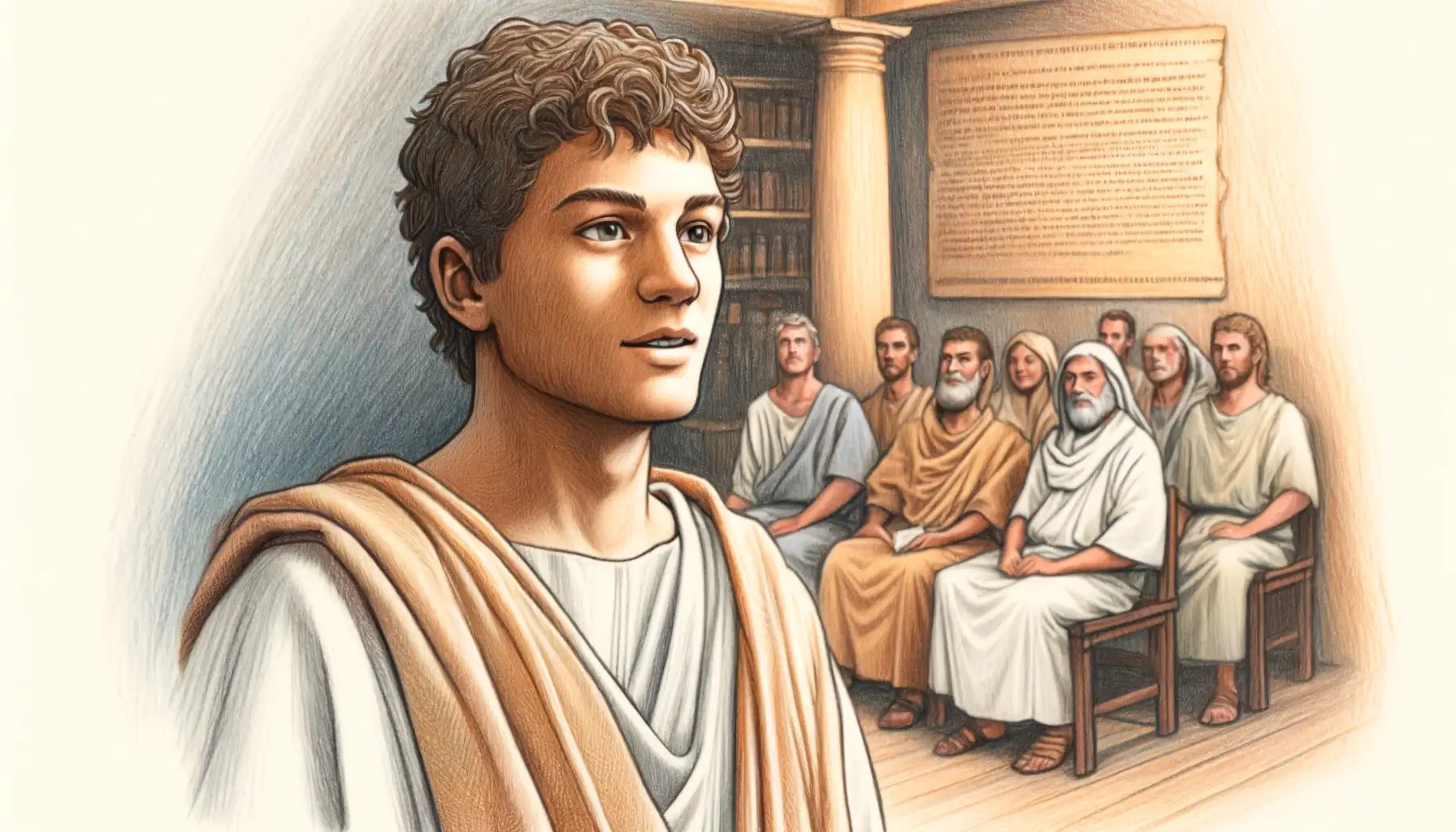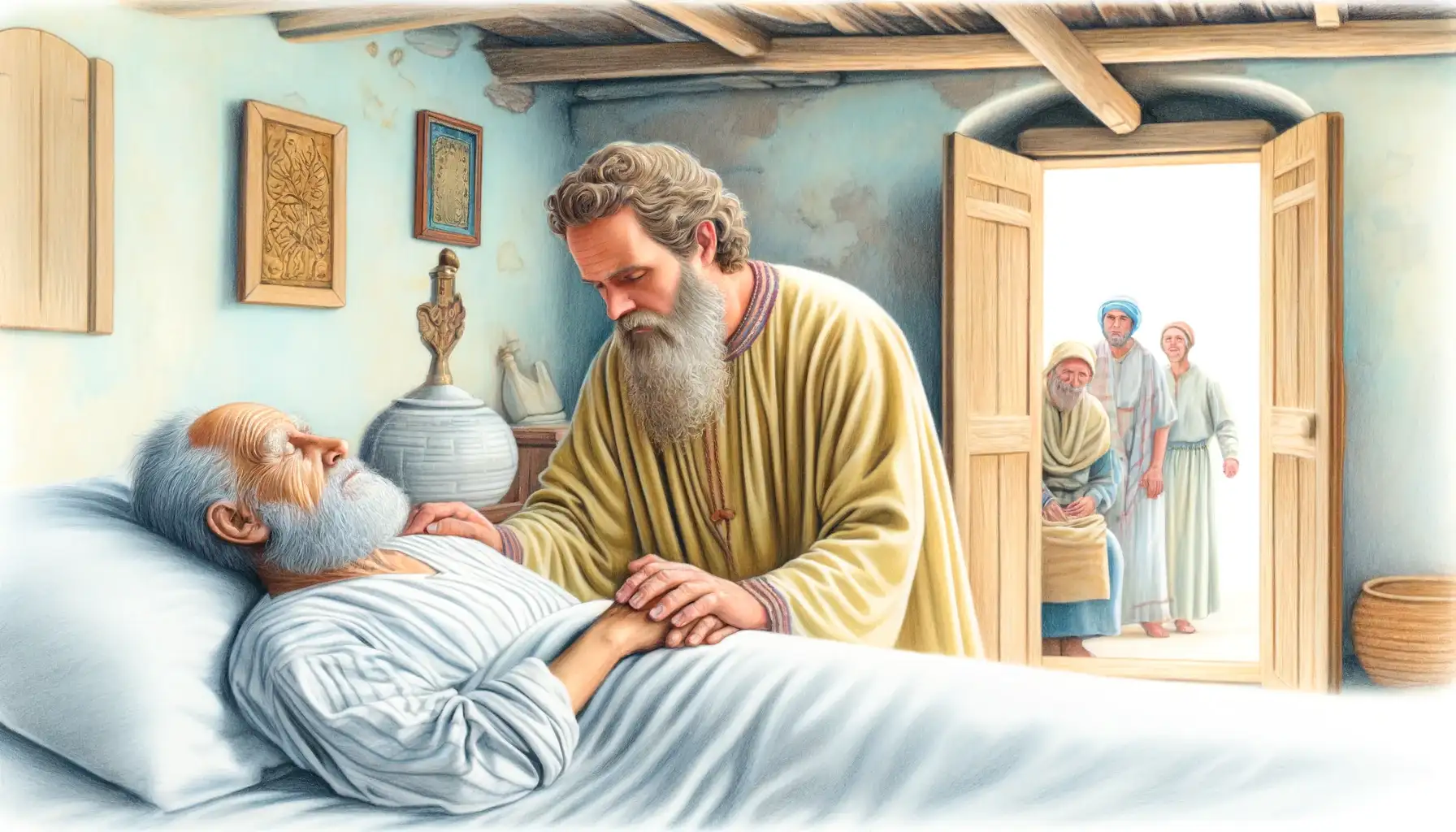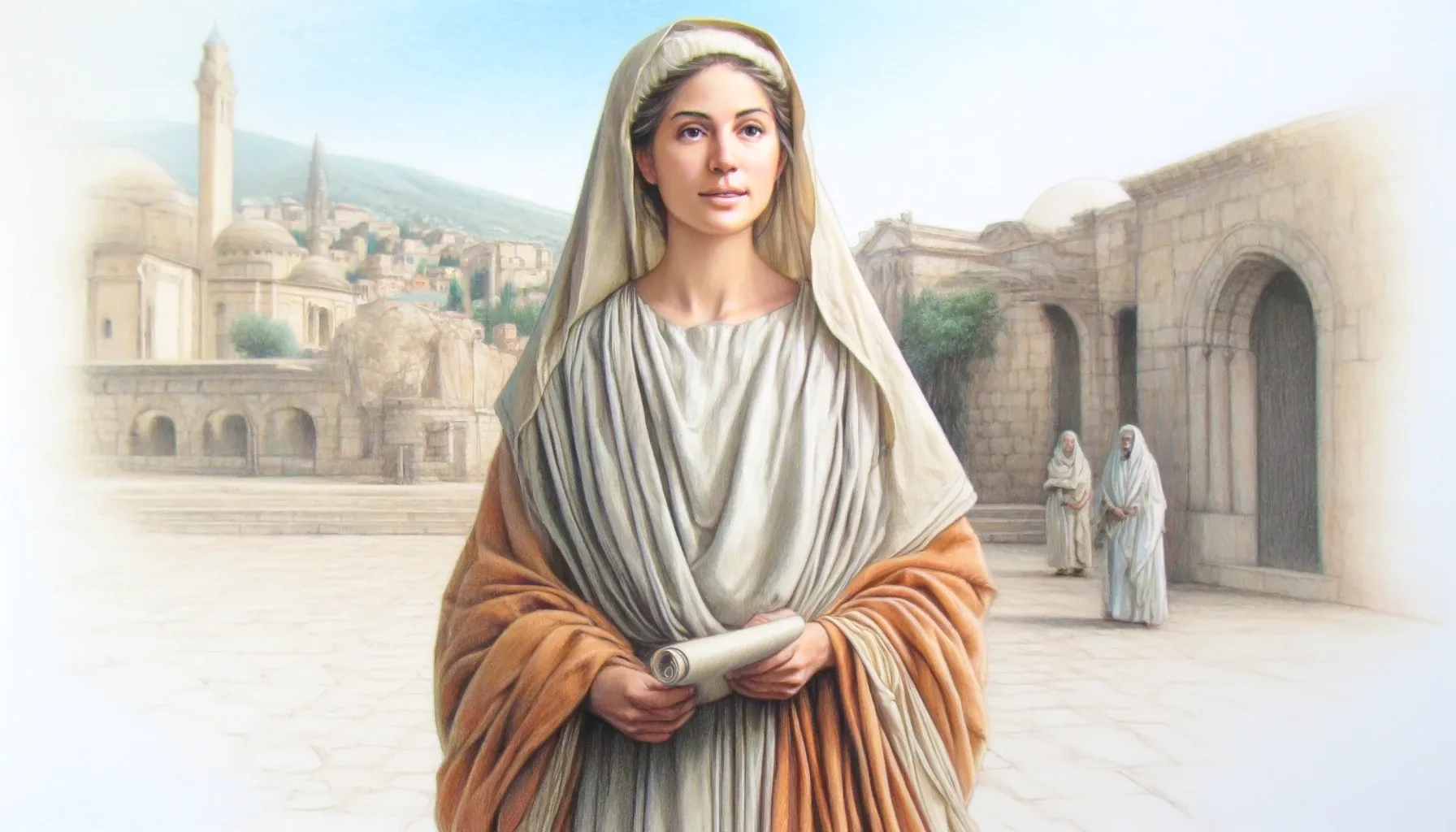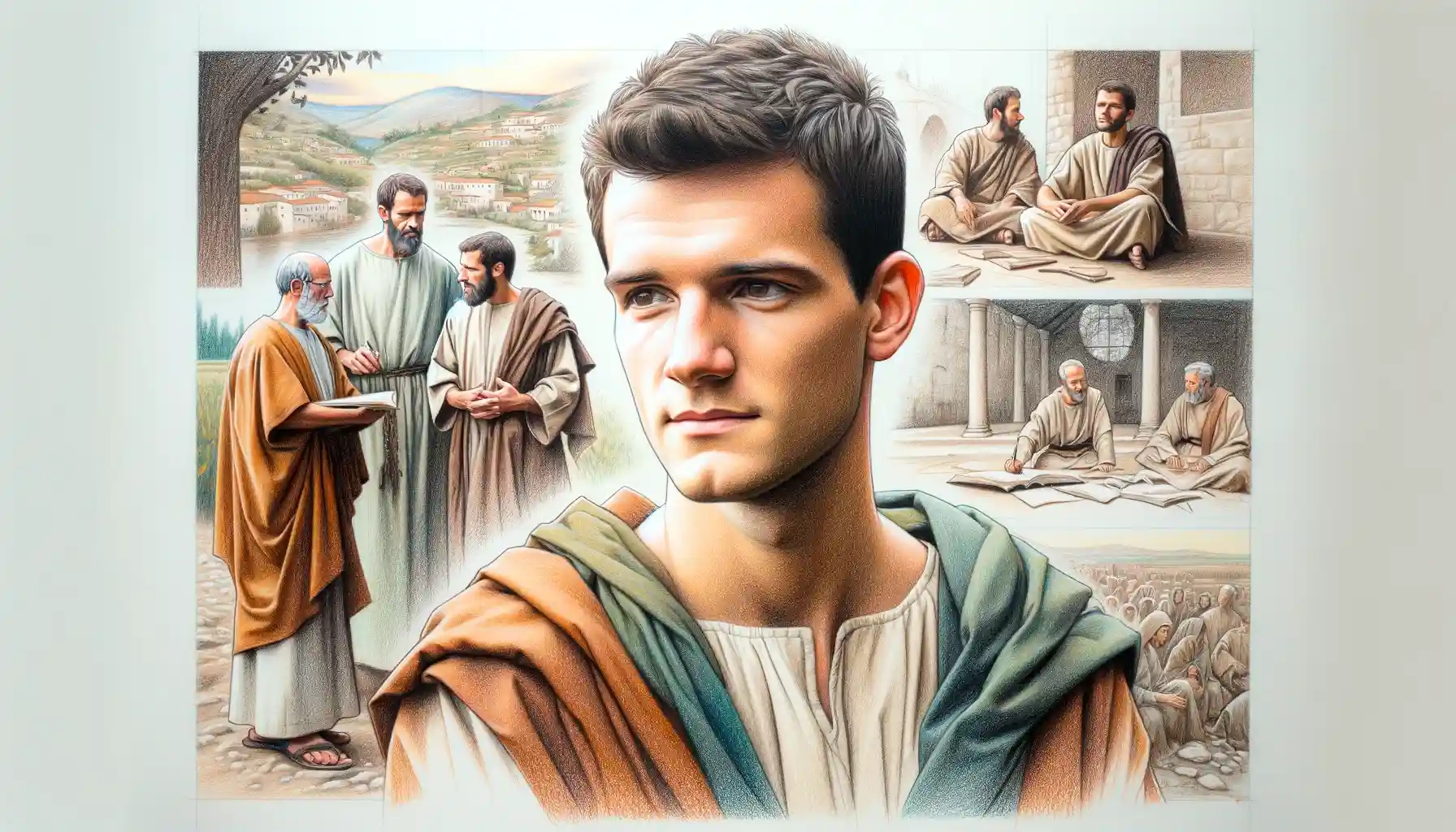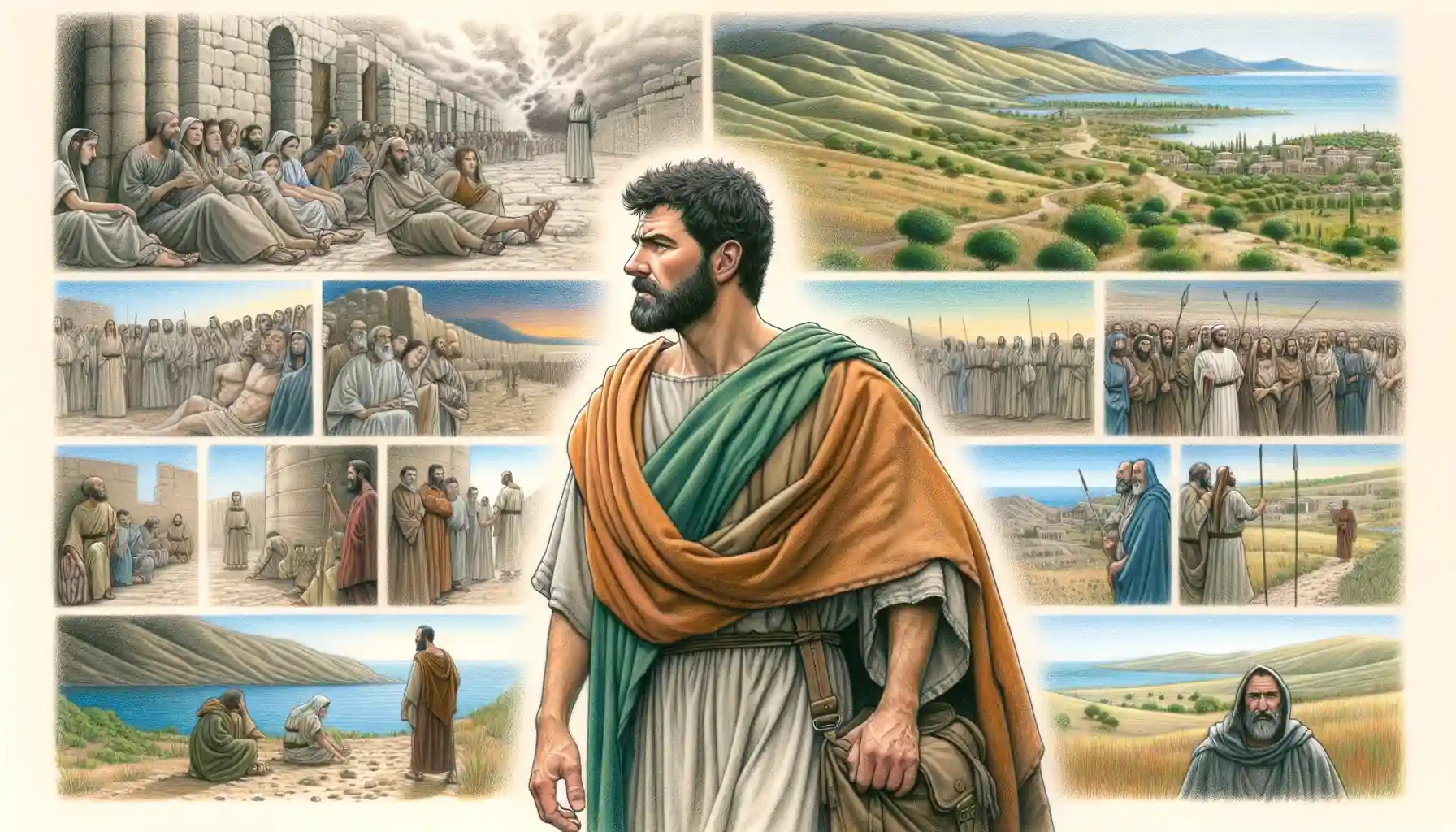Philip the Evangelist, guided by an angel, encountered an Ethiopian eunuch reading Isaiah on a desert road, explained the scripture’s significance regarding Jesus Christ, and baptized the eunuch, leading to his conversion and joy.
Paul’s third missionary journey, accompanied by various disciples including Timothy and Luke, focused on strengthening and encouraging the early Christian communities he had previously established, as he traveled from Antioch through key locations such as Galatia, Phrygia, Ephesus, Macedonia, Greece, Troas, Miletus, and Jerusalem, preaching the Gospel, performing extraordinary miracles, facing opposition, and providing pastoral care, ultimately solidifying the foundation of the early church despite significant personal risk and challenges.
Paul’s second missionary journey, accompanied by Silas, Timothy, and later Luke, significantly expanded the reach of Christianity into Europe as they traveled from Antioch through key locations such as Philippi, Thessalonica, Berea, Athens, Corinth, and Ephesus, preaching the Gospel, performing miracles, and establishing strong Christian communities despite facing considerable opposition, thereby demonstrating the transformative power and inclusivity of the Gospel.
Paul’s first missionary journey, undertaken with Barnabas and John Mark, marked a foundational moment in the spread of early Christianity as they traveled from Antioch to Cyprus, Pisidian Antioch, Iconium, Lystra, and Derbe, preaching the Gospel, performing miracles, facing persecution, and establishing new churches, thereby demonstrating the transformative power of the Gospel and the inclusivity of God’s salvation plan.
Timothy, a devoted protégé of the Apostle Paul, played a crucial role in the early Christian church as a pastor and leader, known for his genuine faith, humility, and resilience, and his legacy is encapsulated in the pastoral epistles that highlight his significant contributions to the spread and establishment of Christianity.
The healing of Publius’ father by the Apostle Paul on the island of Malta demonstrated God’s power and mercy, as Paul prayed and laid hands on the sick man, resulting in immediate healing and leading to the recovery of many others on the island, which strengthened the faith of the Maltese people.
Phoebe, a deaconess of the church in Cenchreae, is commended by Paul in Romans 16:1-2 for her significant role as a benefactor and leader, highlighting the active participation of women in the early Christian community.
Titus, a key Christian leader in Crete and a trusted companion of Paul, was the recipient of an epistle that provides essential guidance on church leadership, sound doctrine, and Christian living.
Timothy, a close companion and disciple of Paul, played a crucial role in early Christian church leadership and received two epistles from Paul that provided guidance on doctrine, church organization, and personal conduct.
Silas, a key companion of Paul on his second missionary journey, played a crucial role in spreading the Gospel, enduring imprisonment and persecution, and helping establish early Christian communities in Thessalonica, Berea, and Corinth.

